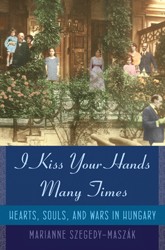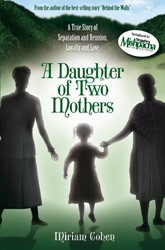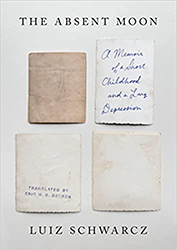A significant number of Hungarian Jews have had a major impact on post-war scientific, economic, and intellectual life. One need only think of George Soros, Andy Grove, and George Klein to get a sense of the pre-war culture that produced such stellar intellects. The majority of these child and adolescent Holocaust survivors fled Hungary after the war.
The author of this memoir, the noted novelist and essayist George Konrad (1933-) stayed behind. Having survived the Nazi onslaught in Budapest, Konrad learned that all of his Jewish classmates from his hometown had been killed in the gas chambers.
His memoir chronicles the Holocaust years and then subsequent life under Communist rule. Konrad participated in the Hungarian Uprising of 1956, became a teacher, social worker, and sociologist prior to his career as a fiction writer and essayist.
This work will be of great value to specialists in post-war Hungarian sociopolitical life and those with a personal interest in this period. For the general reader, despite Konrad’s poetic and intimate style, the work will be difficult to stay with. The details of life in the colorless and stultifying world of Communist controlled Hungary are monotonous and serve to remind the reader of the hellish conditions that affected millions living behind the Iron Curtain. Konrad became a persecuted dissident forced to smuggle copies of his works to the West for publication. His moral courage in refusing to abandon his homeland cannot be denied but this reader was left to wonder whether his tenacity was in any way self-defeating. He had the opportunity to leave Hungary but chose instead what he calls “internal emigration.” The memoir affords the reader a number of self-reflective passages dealing with such themes as religion, aging, parenthood, marriage, and the life of a writer. Konrad’s arresting observations are the book’s singular strength.




